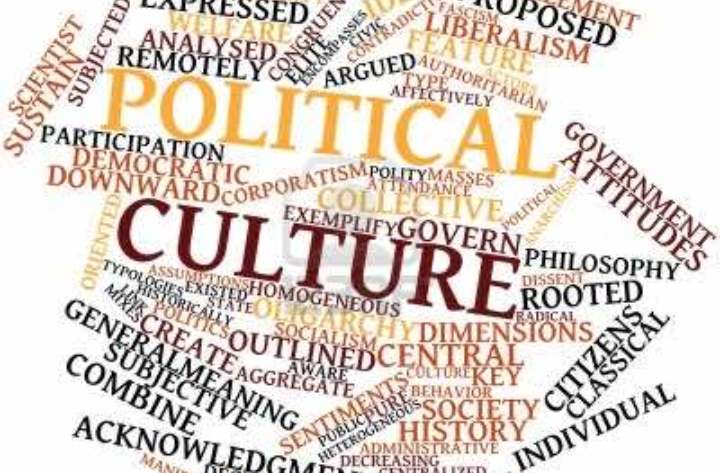
Political culture refers to the values and political conduct of individual or collectiveagents. As a concept it is as old as the analysis of politics itself. Aristotle wrote about a“state of mind” that could inspire either political change or stability; Machiavelli stressedthe role of the values and feelings of identity and commitment; Burke praised the “cakeof custom” that enabled political institutions to fulfill their aims; Tocqueville empha-sizedmoeursas the key determinants of the character of a particular society. But the con-temporary understanding of political culture has been uniquely influenced by GabrielAlmond and Sidney Verba’s classic behaviorist formulation inThe Civic Culture(1963),leading up to today’s multicausal, relational, and mixed methods approaches to thestudy of the concept (Thompson, Ellis, & Wildavsky, 1990). As a result of this method-ological diversity, political culture has ceased to be narrowly identified with the attitudestoward government of political agents, to be measured in the aggregate and then com-pared across political systems, or even more broadly conceived as a process in whichpolitical meaning is constructed in the interplay between the attitudes of individualcitizens and the language and symbolic systems in which they are embedded. Contem-porary analysis of political culture is a broad church, taking in everything from datacollection on political opinions, attitudes, and values conducted by means of structuredinterviews with representative samples of citizens (e.g., Inglehart, 1997), to interpretiveapproaches that use a range of qualitative methods to clarify how political identities aregenerated, or how symbols and rhetoric can generate compliance or conflict, to discus-sions of why some ethnic identities become radicalized and others do not. The field hasbecome so broad, that it is hard to pinpoint what is political culture and what is not. (Political Culture (DA SILVA, CLARK, VIEIRA))
- معلم: MOURAD ATY